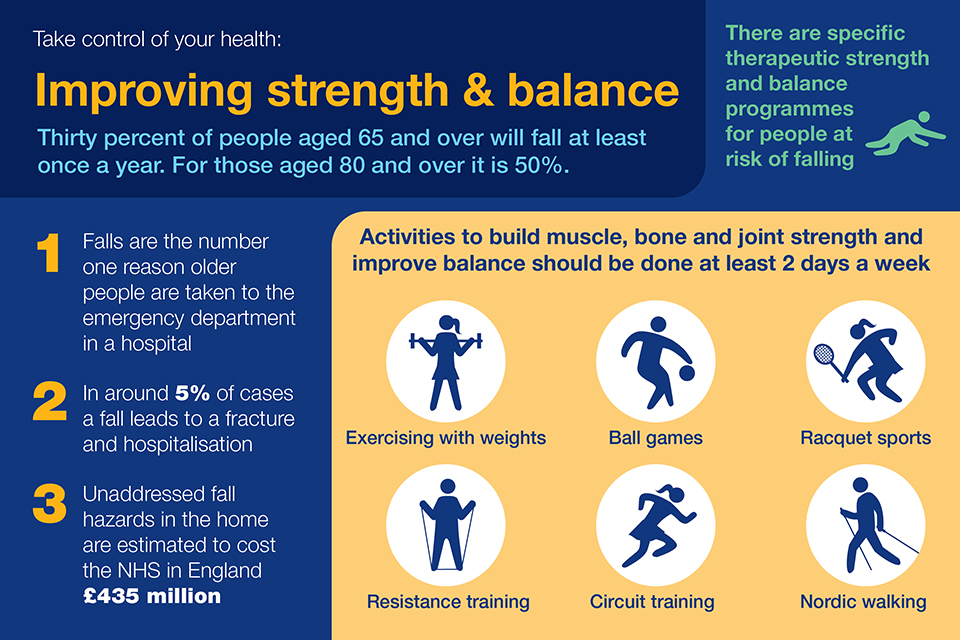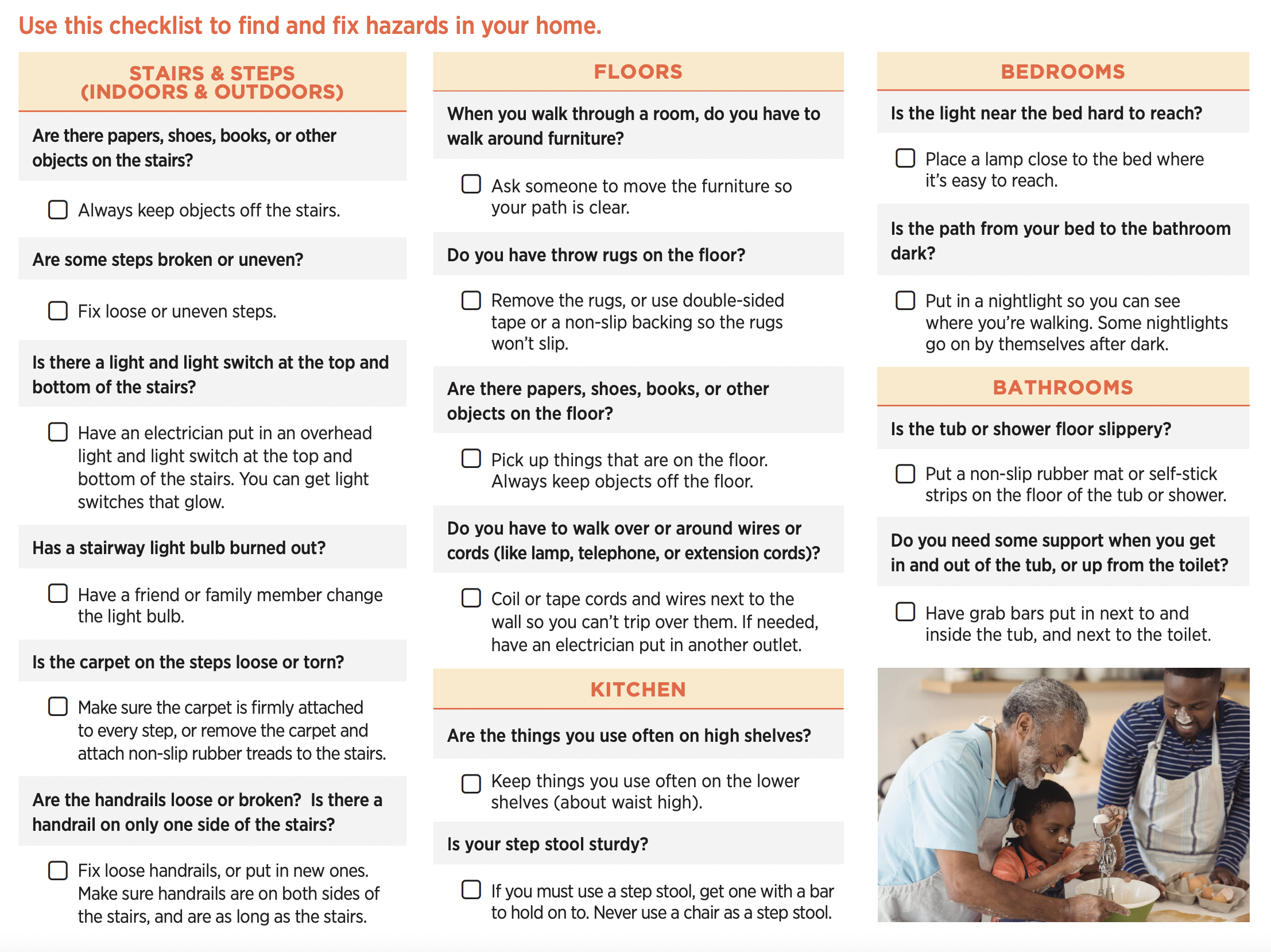Not known Details About Dementia Fall Risk
Table of ContentsDementia Fall Risk - TruthsThe Basic Principles Of Dementia Fall Risk Dementia Fall Risk Can Be Fun For AnyoneDementia Fall Risk Can Be Fun For AnyoneThe 6-Minute Rule for Dementia Fall Risk
Make sure that there is a marked area in your clinical charting system where staff can document/reference scores and record appropriate notes connected to fall avoidance. The Johns Hopkins Loss Danger Evaluation Tool is one of lots of devices your personnel can use to help prevent negative clinical occasions.Person drops in medical facilities are usual and devastating negative occasions that continue regardless of decades of effort to minimize them. Improving communication across the analyzing nurse, treatment group, person, and individual's most involved family and friends might enhance fall avoidance initiatives. A group at Brigham and Women's Medical facility in Boston, Massachusetts, sought to develop a standardized autumn avoidance program that focused around boosted interaction and person and family involvement.

The advancement group highlighted that successful execution depends on patient and team buy-in, integration of the program into existing workflows, and fidelity to program processes. The group kept in mind that they are facing how to make sure continuity in program implementation during periods of situation. Throughout the COVID-19 pandemic, as an example, a boost in inpatient drops was related to limitations in client involvement in addition to constraints on visitation.
How Dementia Fall Risk can Save You Time, Stress, and Money.
These occurrences are usually considered avoidable. To apply the treatment, companies require the following: Access to Autumn TIPS sources Fall pointers training and re-training for nursing and non-nursing personnel, consisting of brand-new nurses Nursing process that enable patient and family members engagement to carry out the drops assessment, make certain use the avoidance strategy, and carry out patient-level audits.
The outcomes can be very detrimental, frequently increasing patient decrease and creating longer hospital remains. One study approximated remains enhanced an additional 12 in-patient days after a person autumn. The Autumn TIPS Program is based upon engaging individuals and their family/loved ones throughout 3 main procedures: evaluation, customized preventative interventions, and bookkeeping to guarantee that people are participated in the three-step loss prevention procedure.
The patient analysis is based on the Morse Fall Scale, which is a confirmed autumn threat evaluation device for in-patient hospital settings. The scale consists of the 6 most common reasons individuals in medical facilities drop: the person autumn history, risky problems (consisting of polypharmacy), use of IVs and other outside tools, psychological condition, stride, and mobility.
Each risk element web links with several actionable evidence-based treatments. The registered nurse creates a plan that includes the interventions and shows up to the care team, patient, and family on a laminated poster or published visual help. Registered nurses develop the plan while meeting the patient and the client's family.
The Only Guide for Dementia Fall Risk
The poster acts as a communication tool with other members of the patient's treatment team. Dementia Fall Risk. The audit component of the program consists of examining the person's expertise of their risk aspects and prevention plan at the device and medical facility levels. Registered nurse champs conduct at least five private meetings a month with clients and their families to inspect for understanding of the fall avoidance plan

A projected 30% of these drops result in injuries, which can vary in severity. Unlike other adverse events that need a standardized clinical feedback, loss prevention depends highly on the demands of the client.
Some Known Facts About Dementia Fall Risk.

Based upon bookkeeping outcomes, one site had 86% conformity and two websites had more than 95% conformity. A cost-benefit analysis of the Autumn TIPS program in eight health centers estimated that the program price $0.88 per person to implement and resulted in savings of $8,500 per 1000 patient-days in straight expenses associated with the prevention of 567 tips over 3 years and eight months.
According to the technology team, companies curious about applying the program must perform a readiness assessment and falls learn this here now prevention spaces evaluation. 8 Furthermore, organizations should ensure the needed infrastructure and process for execution and develop an execution plan. If one exists, the company's Autumn Avoidance Task Force need to be involved in preparation.
Not known Facts About Dementia Fall Risk
To start, organizations ought to make sure conclusion of training modules by registered nurses and nursing aides - Dementia Fall Risk. Medical facility staff must analyze, based upon the requirements of a hospital, whether to utilize a digital health and wellness record printout or paper version of the fall prevention plan. Implementing teams must recruit and educate nurse champions and establish procedures for auditing and coverage on fall information
Staff require to be entailed in the procedure Learn More of revamping the process to engage clients and family in the assessment and avoidance plan process. Systems should remain in area to make sure that systems can comprehend why an autumn occurred and remediate the reason. Extra particularly, nurses must have channels to provide ongoing feedback to both personnel and unit leadership so they can adjust and enhance autumn avoidance workflows and communicate systemic troubles.
Comments on “Excitement About Dementia Fall Risk”